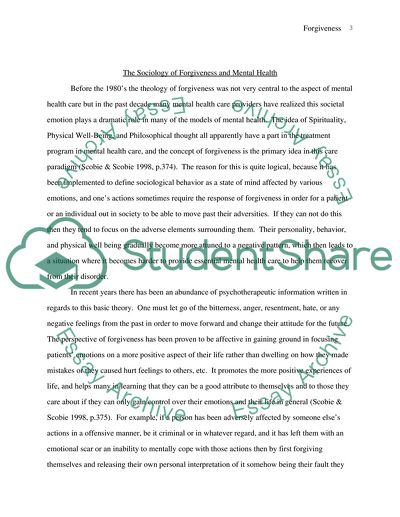Cite this document
(The Sociology of Forgiveness and Mental Health Research Paper, n.d.)
The Sociology of Forgiveness and Mental Health Research Paper. Retrieved from https://studentshare.org/psychology/1536861-see-assessment-criteria-below
The Sociology of Forgiveness and Mental Health Research Paper. Retrieved from https://studentshare.org/psychology/1536861-see-assessment-criteria-below
(The Sociology of Forgiveness and Mental Health Research Paper)
The Sociology of Forgiveness and Mental Health Research Paper. https://studentshare.org/psychology/1536861-see-assessment-criteria-below.
The Sociology of Forgiveness and Mental Health Research Paper. https://studentshare.org/psychology/1536861-see-assessment-criteria-below.
“The Sociology of Forgiveness and Mental Health Research Paper”, n.d. https://studentshare.org/psychology/1536861-see-assessment-criteria-below.


